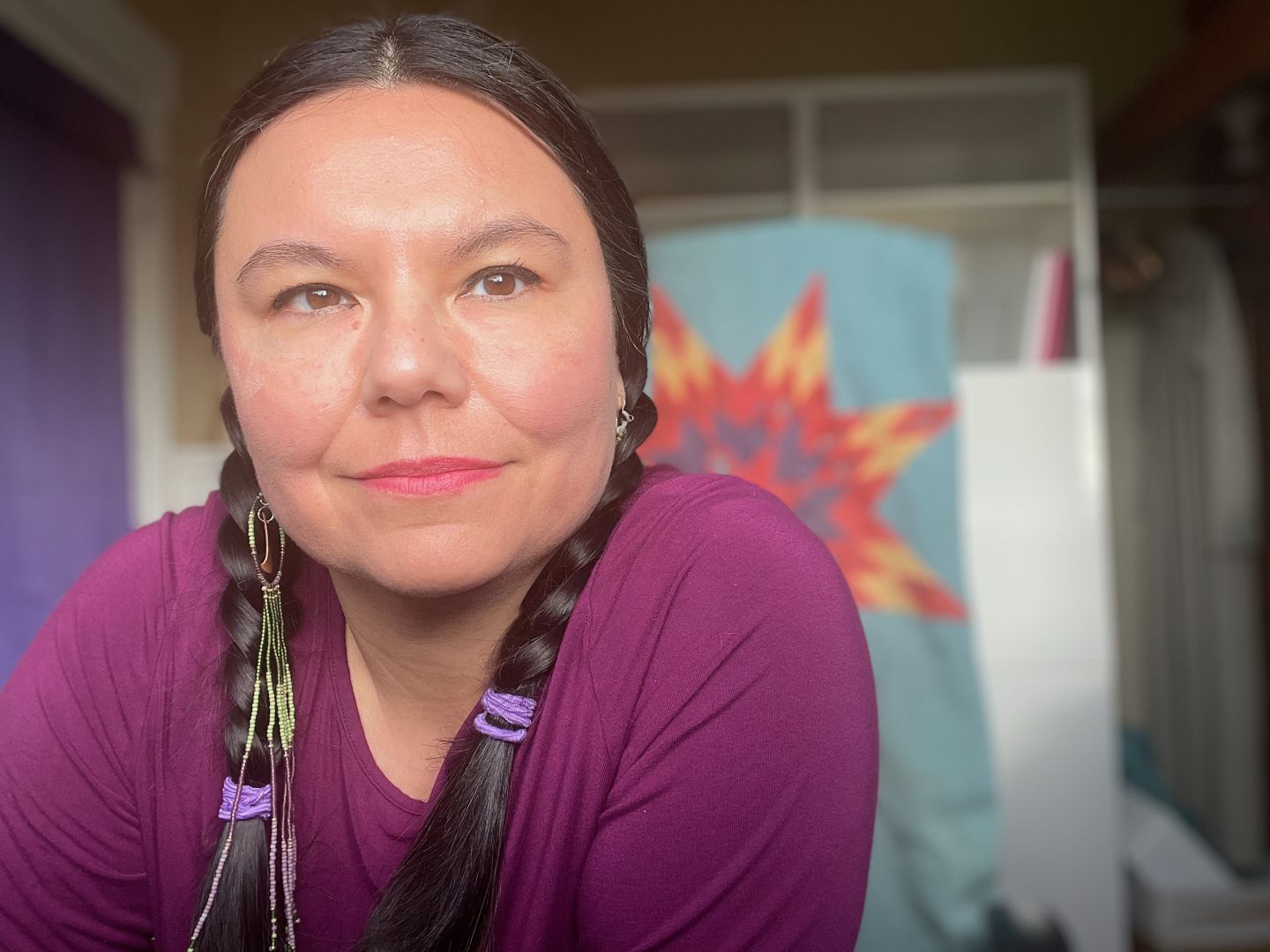There were approximately 20,000 Jews at the end of the nineteenth century, of whom an estimated 18,000 had ancestry in Tunisia stretching back to the Roman era, with a smaller group (1,000-2,000) composed of more recent arrivals from Spain and Italy. Those living on the island of Djerba in Southern Tunisia may have arrived as early as 586 BCE, according to Jewish oral tradition after the destruction by the Babylonians of the temple in Jerusalem.
In 1857 reforms to grant civil and religious equality to all subjects were introduced by Mohammed Bey, prompted also by European economic interests. Before the French occupation in 1881, however, Jews in Tunisia had lived for centuries with dhimmī status. This provided a level of protection they did not experience in Europe, as well as rights they did not have in Morocco and Algeria, although accompanied by a measure of inferior status.
During the French colonial period, starting from 1910, Jews could become naturalized French citizens, though they lost this preferential status in 1940 following the occupation of northern France by Nazi Germany and the installation of the collaborationist Vichy Regime in the south. The Jewish community in Tunisia was in fact affected by a series of discriminatory laws issued by Vichy France, such as a ban on the practice of certain professions. This legislation had to be submitted to the bey for signing, which allowed governors such as Moncef Bey to slow down their implementation. However, this did not prevent anti-Semitic sentiment from spreading and the community was occasionally attacked. The worst period was during 1942-1943, when Tunisia was under Italo-German occupation and the Jewish population was condemned to forced labour.
By the late 1940s, the Jewish community had reached a peak of around 100,000. Their situation improved after World War II and in the years preceding independence. When autonomy was granted in 1954, the Jewish nationalist Albert Bessis was appointed Minister of Urban Planning and Housing and was followed by the Jewish André Barrouch upon independence in 1956. However, these appointments were perceived by many Tunisian Jews as a strategic move to appear inclusive and gain access to an old Jewish cemetery in downtown Tunis. Both figures remained in power for a few months only. Meanwhile, this period also saw the beginning of a rapid decline in the Jewish population as many Tunisian Jews decided to emigrate, in three main waves: after the creation of Israel in 1948, following independence in 1956 and in the wake of the Arab-Israeli war in 1967.
After independence, President Habib Bourguiba used Islam as a way of consolidating Tunisian national identity. While Bourguiba was mindful of the Jewish minority and of distinguishing it from Zionism, which he vigorously denounced, state control over religion was nevertheless extended over minorities as well, including the Jewish community. As the majority of Tunisian Jews were French-speaking, many feared this process of Arabization would undermine their identity. In the ensuing decades, then, the number of Tunisian Jews declined steadily, falling to a fraction of its former size.




